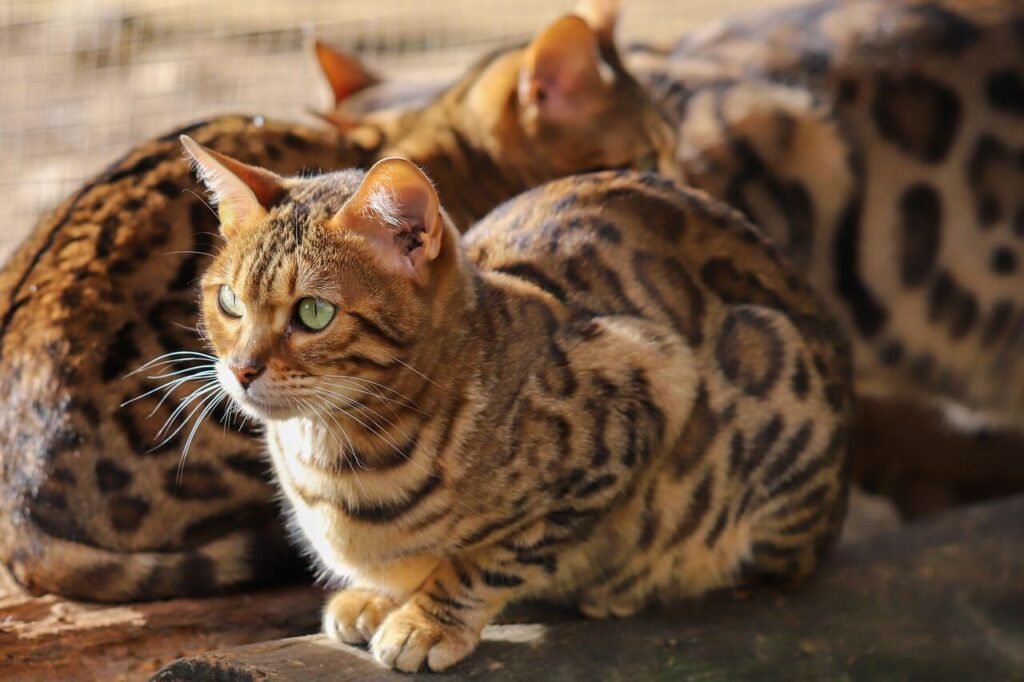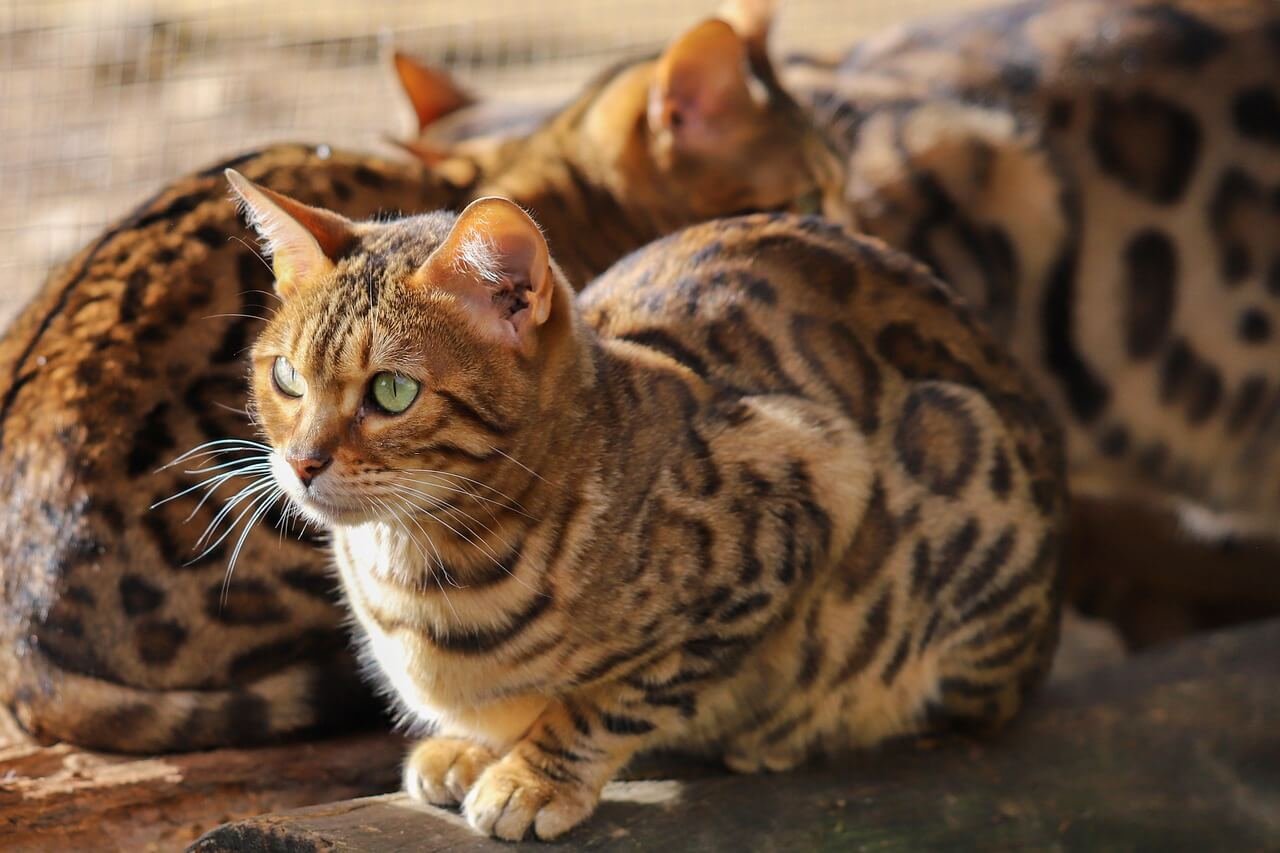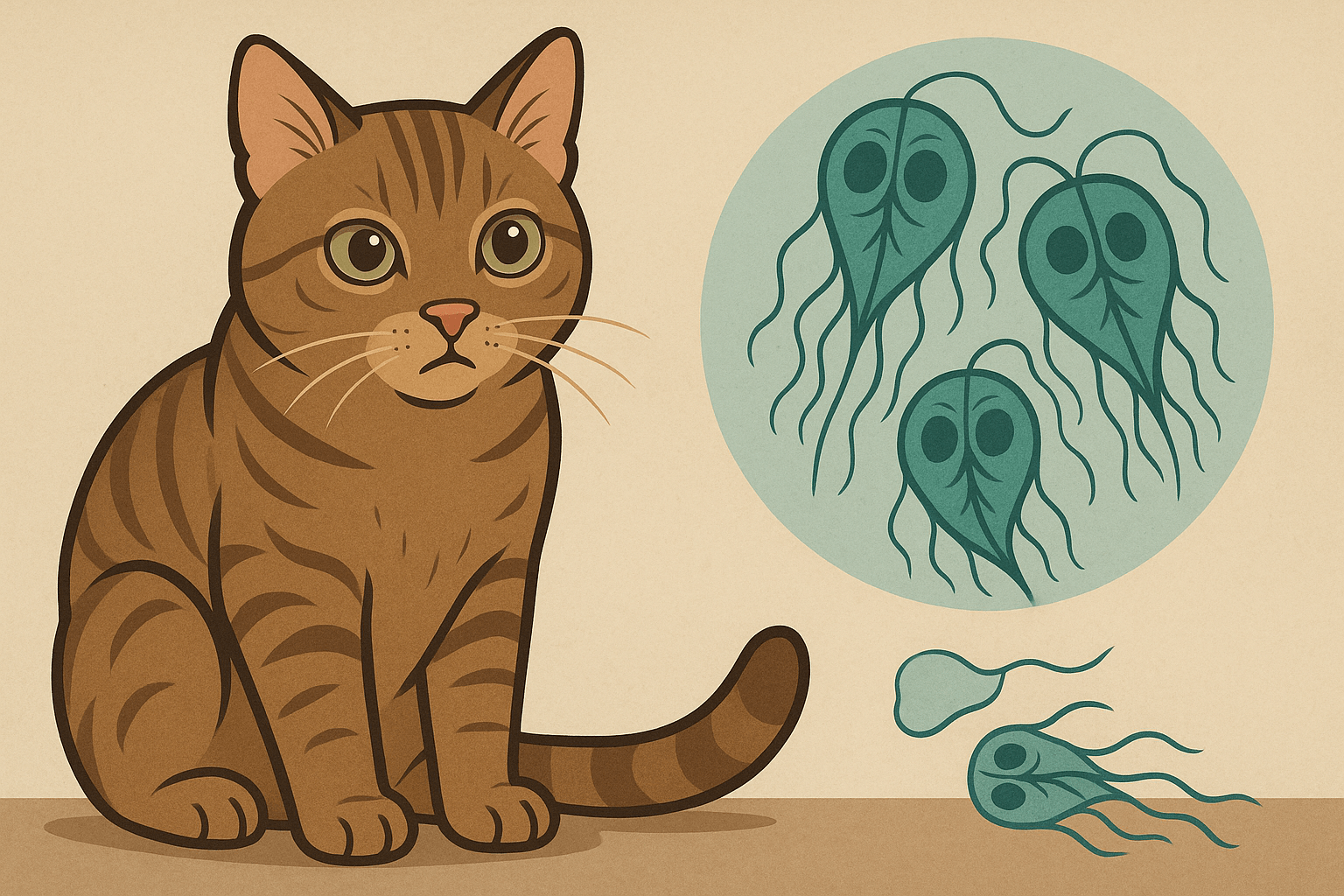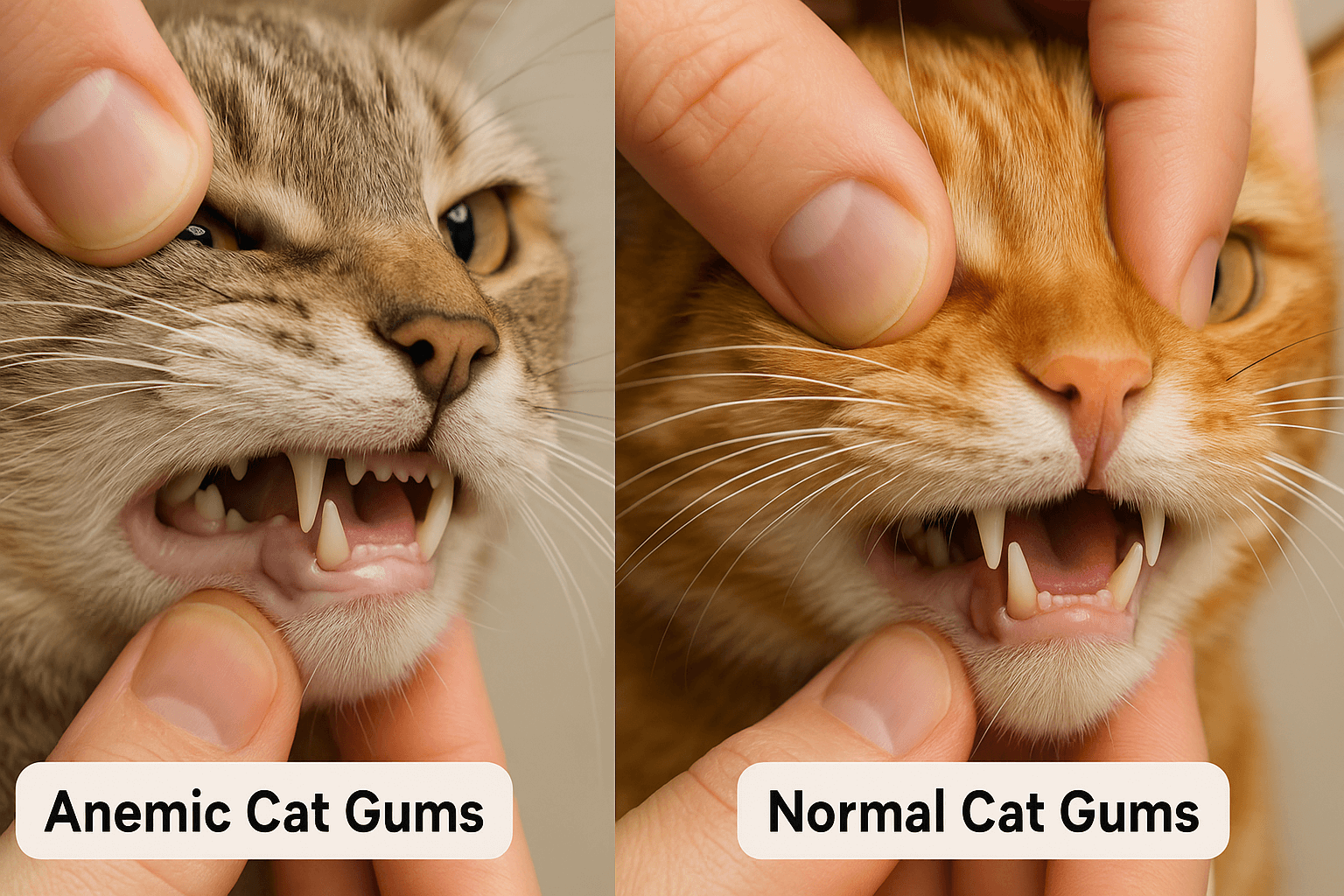Can You Give Your Cat COVID? What Pet Owners Need to Know
The COVID-19 pandemic has raised countless questions about the virus and its impact on our daily lives, including our relationships with pets. One common concern among cat owners is whether humans can transmit COVID-19 to their feline companions. While the risk of transmission is low, it’s important to stay informed about how the virus interacts with animals. In this blog post, we’ll explore what science says about cats and COVID-19, how to protect your furry friend, and steps you can take to ensure both you and your cat stay healthy during uncertain times. Let’s dive into the facts and dispel any myths surrounding this topic.
How Cats Can Be Affected by COVID-19
While cats are not primary hosts for the virus that causes COVID-19, there have been documented cases of cats contracting the virus from infected humans. Understanding how cats can be affected is crucial for responsible pet ownership. Here’s what you need to know:
Transmission from Humans to Cats
Cats can contract the virus through close contact with infected individuals, such as being sneezed on or sharing food bowls.Mild Symptoms in Most Cases
Infected cats often experience mild symptoms like sneezing, coughing, or lethargy, but severe illness is rare.Short-Term Illness
Most cats recover fully within a few days to weeks without requiring extensive medical intervention.Limited Evidence of Cat-to-Human Transmission
There is currently no strong evidence that cats can pass the virus back to humans, reducing concerns about reverse transmission.Increased Risk for Indoor-Outdoor Cats
Cats that spend time outdoors may have a higher risk of exposure if they interact with infected people or other animals.
While the risk of cats contracting COVID-19 is relatively low, taking precautions can help minimize potential exposure and keep your cat safe.
Preventive Measures to Protect Your Cat from COVID-19
As a responsible pet owner, there are several steps you can take to reduce the risk of your cat contracting COVID-19. These measures are especially important if someone in your household tests positive. Here’s what you can do:
Limit Close Contact
If you’re sick, avoid hugging, kissing, or sharing food with your cat to prevent potential transmission.Wear a Mask Around Your Cat
When interacting with your cat while sick, wearing a mask can help reduce the spread of respiratory droplets.Wash Hands Before Handling
Always wash your hands thoroughly before petting, feeding, or grooming your cat.Keep Cats Indoors
Minimize your cat’s exposure to other animals or people by keeping them indoors during outbreaks.Disinfect Shared Surfaces
Regularly clean food bowls, toys, and bedding to eliminate any lingering virus particles.
By following these preventive measures, you can significantly lower the chances of your cat contracting the virus. A little extra care goes a long way in protecting your beloved companion.
Check this guide 👉Can You Give a Cat Ibuprofen? Best 7 Expert Tips!
Check this guide 👉Can You Give a Dog Albuterol? Best 7 Expert Tips!

How Cats Can Contract COVID-19 | Preventive Measures for Cat Owners |
|---|---|
Close contact with infected humans | Limit physical contact if you’re sick |
Sharing food bowls or water dishes | Wear a mask around your cat when ill |
Exposure to respiratory droplets | Wash hands before handling your cat |
Outdoor interactions with strangers | Keep cats indoors during outbreaks |
Rare cases of airborne transmission | Disinfect shared surfaces regularly |
Signs That Your Cat May Have Contracted COVID-19
While most cats show no or mild symptoms when infected with COVID-19, it’s important to recognize the signs so you can seek veterinary advice if needed. Here’s what to look for:
Sneezing or Runny Nose
Respiratory symptoms like sneezing or nasal discharge may indicate an infection.Coughing or Wheezing
Persistent coughing or difficulty breathing could signal respiratory distress.Lethargy or Weakness
A noticeable drop in energy levels or reluctance to play may suggest illness.Loss of Appetite
Refusal to eat or drink could be a sign that your cat isn’t feeling well.Fever
An elevated body temperature may accompany other symptoms of infection.
If you notice any of these signs, consult your veterinarian promptly. They can provide guidance on testing and treatment options to ensure your cat receives proper care.
Myths and Facts About Cats and COVID-19
Misinformation about cats and COVID-19 has circulated widely, leading to unnecessary fear and confusion. Separating fact from fiction is essential for making informed decisions. Here are some common myths and the truth behind them:
Myth: Cats can easily spread COVID-19 to humans.
Fact: There is no substantial evidence that cats can transmit the virus to humans.Myth: All cats will get sick if exposed to the virus.
Fact: Most cats either remain asymptomatic or experience mild symptoms.Myth: Vaccines for humans work on cats too.
Fact: Human vaccines are not designed or tested for use in animals, including cats.Myth: Cats cannot catch COVID-19 at all.
Fact: While rare, cats can contract the virus through close contact with infected humans.Myth: Keeping cats indoors eliminates all risks.
Fact: While indoor cats have a lower risk, they can still contract the virus from infected household members.
Understanding these facts helps alleviate unnecessary worry and ensures you focus on practical ways to protect your cat.
Tips for Supporting Your Cat’s Immune System
Even though the risk of COVID-19 in cats is low, maintaining a strong immune system can help your cat stay healthy overall. Here are some practical tips to boost your cat’s immunity:
Provide a Balanced Diet
A nutrient-rich diet supports your cat’s immune system and overall health, helping them fight off infections more effectively.Ensure Regular Exercise
Engaging your cat in play or providing toys encourages physical activity, which promotes circulation and reduces stress.Keep Up with Vaccinations
Staying current on vaccinations protects your cat from other illnesses that could weaken their immune system.Minimize Stress
Creating a calm and predictable environment helps reduce stress, which can negatively impact your cat’s immune response.Schedule Routine Vet Check-Ups
Regular veterinary visits allow for early detection of potential health issues before they become serious.
By focusing on these areas, you can help your cat maintain a robust immune system, preparing them to handle any challenges that come their way.
How to Handle a Sick Cat During the Pandemic
If your cat becomes ill during the pandemic, it’s important to know how to care for them while keeping yourself and others safe. Here are some steps to follow:
Isolate Your Cat if Necessary
If someone in your household is sick, consider isolating your cat temporarily to prevent potential exposure.Monitor Symptoms Closely
Keep a close eye on your cat’s behavior and symptoms, documenting changes to share with your vet.Avoid Over-the-Counter Medications
Never give human medications to your cat without consulting a veterinarian, as they can be toxic.Practice Good Hygiene
Wash your hands before and after handling your cat, and disinfect any surfaces they come into contact with.Seek Veterinary Care Promptly
Contact your vet immediately if your cat’s condition worsens or if you’re unsure about their symptoms.
Taking these steps ensures your cat receives the care they need while minimizing risks to everyone involved. Being proactive is key to managing illness effectively.
Fun Facts About Cats and Their Resilience
Cats are remarkable creatures with incredible resilience, even when faced with health challenges. Learning more about their unique abilities can deepen your appreciation for these furry companions. Here are some fascinating facts:
Cats Have Strong Innate Immunity
Their immune systems are naturally equipped to fight off many common pathogens, making them less susceptible to certain diseases.They Can Detect Human Emotions
Cats often pick up on their owner’s mood and may respond by offering comfort or staying close during stressful times.Cats Are Masters of Self-Care
Grooming not only keeps them clean but also helps regulate body temperature and reduce stress.They Adapt Well to Change
While cats value routine, they can adjust to new environments or situations with time and patience.Cats Have a Remarkable Healing Ability
Their purring has been linked to healing properties, potentially aiding in recovery from injuries or illnesses.
These fun facts highlight just how incredible cats are at navigating life’s ups and downs. Understanding their strengths reminds us why they make such wonderful companions.
Frequently Asked Questions About Cats and COVID-19
Can I give my cat COVID-19?
Yes, it’s possible but rare for humans to transmit the virus to cats through close contact.
Should I get my cat tested for COVID-19?
Testing is typically only recommended if your cat shows symptoms and has been exposed to an infected person.
Can cats die from COVID-19?
Fatal cases in cats are extremely rare; most recover fully without complications.
Is it safe to adopt a cat during the pandemic?
Yes, adopting a cat is safe as long as you follow standard hygiene practices.
Can cats infect other pets with COVID-19?
There is limited evidence of pet-to-pet transmission, but it appears to be uncommon.
Staying Safe Together: Protecting Your Cat During the Pandemic
The bond between humans and their cats is one of life’s greatest joys, and ensuring your feline friend stays healthy during the pandemic is a top priority. While the risk of cats contracting COVID-19 remains low, staying informed and taking simple precautions can make all the difference. By understanding how the virus affects cats, recognizing symptoms, and implementing preventive measures, you can safeguard your pet’s well-being. Remember, your love and care mean the world to your cat, and together, you can navigate these challenging times with confidence and compassion. Stay safe, stay informed, and cherish every moment with your furry companion.
Giardia in Cats: Best 7 Expert Tips! Discover expert advice on identifying, treating, and preventing giardia in cats to ensure your feline stays happy and healthy.
Cat Hyperventilating: Best 7 Expert Tips! Discover signs, causes, and solutions for cat hyperventilation. Learn how to calm your cat and when to seek veterinary care for their breathing issues.
Anemic Cat Gums vs Normal: Best 7 Expert Tips! Learn to spot signs of anemia in cats, understand gum health, and ensure your feline stays happy and healthy with expert advice.
Himalayan Cat Size: Best 7 Expert Tips! Discover expert advice on Himalayan cat size, growth factors, care tips, and how to ensure your feline stays healthy and happy.





